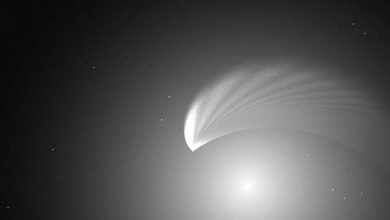science
-
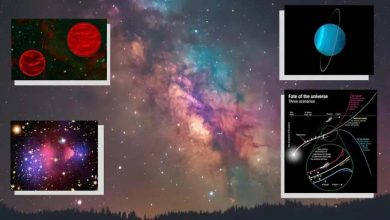
Amazing leaps: The biggest mysteries of the universe
Science: There’s no doubt that humanity has made amazing leaps in understanding the universe since the beginning of the 20th…
Read More » -
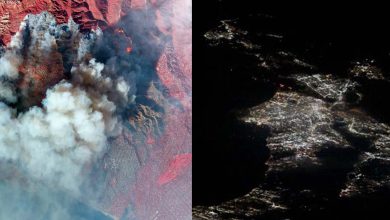
Devastation of the massive fire in Los Angeles seen from space
Science: Satellite images show the massive scale of destruction caused by the giant, fast-moving wildfire in Southern California that was…
Read More » -
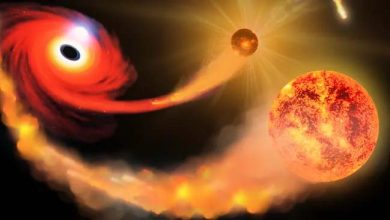
The star escapes from the massive black hole, leaving its companion behind
Science: Astronomers have observed a supermassive black hole enjoying a meal of stars flash twice in a rare and powerful…
Read More » -

California: Forest fires are being monitored using satellites
Science: A deadly wildfire continues to burn in parts of Los Angeles in Southern California, and satellites from the National…
Read More » -

NASA: Will not decide on sample return plan from Mars until mid-2026
Science: NASA is considering two methods for bringing its precious Mars samples back to Earth, but the agency won’t choose…
Read More » -
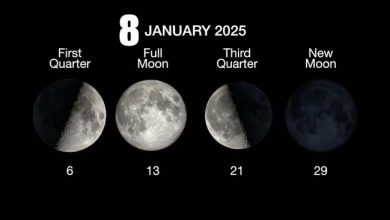
Moon Phase Today: In the rising phase of your lunar cycle, 70% illuminated
Science: Today, January 8, 2025, the moon is 9 days old, in the waxing phase of its lunar cycle. It…
Read More » -
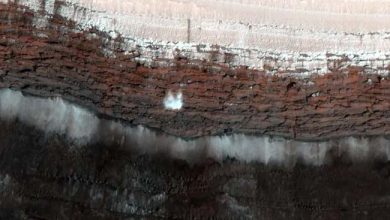
Spring avalanches on Mars: Gas geysers and explosions seen
Science: Instead of a cold glass of ice and bubbles of champagne to welcome the new year, how about gassy…
Read More » -

‘Spooky’ quantum entanglement found on the small scale within individual protons
Science: Scientists have used high-energy particle collisions to peek inside protons, the particles that sit inside the nuclei of all…
Read More » -
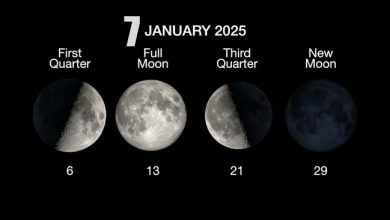
Moon Phase Today: In the rising gibbous phase of your lunar cycle, 48% illuminated
Science: Today, Jan. 7, 2025, the moon is 8 days into the waxing gibbous phase of its lunar cycle. It…
Read More »

